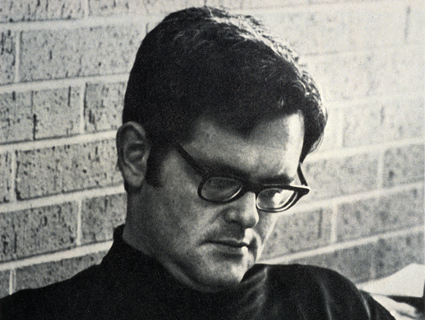
This is a painting of Newt Gingrich.Robin Nelson/ZumaPress
As a service to our readers, every day we are delivering a classic moment from the political life of Newt Gingrich—until he either clinches the nomination or bows out.
Newt Gingrich put his foot squarely in his mouth last March when he condemned the enactment of a no-fly-zone in Libya just two weeks after calling for a no-fly-zone in Libya. It was an obvious reversal—but not without precedent.
In November 1994, Gingrich balked at a $5 billion aid package for Bosnia, calling the conflict in Yugoslavia “a European problem” that should be resolved by America’s European allies. Just one month later, though, he’d had a change of heart. That December, Gingrich called for the complete removal of European peacekeepers, to be followed by a stepped-up American air presence leading up to a Bay of Pigs-style exile invasion (again with American air support). The idea, as reported by the New York Times’ Elaine Sciolino, was as follows:
After the peacekeepers withdrew, “You would say to the Serbs, ‘We insist on a general cease-fire and we are telling you right now we reserve the right to hit every target in every part of the country simultaneously if you don’t stand down,'” he said. “We’re not going to play games. We’re going to take out your command and control. We’re going to take out all of your inventory. We’re going to take anything that moves on your roads. We’re going to take down every bridge in your part of the country. We’re going to break you, and we’re going to do it in three days.”
Meanwhile, the United States would mount a covert operation to airlift part of the Bosnian Government Army to a friendly country such as Egypt, Israel or Morocco for training and arming by the Americans.
And Mr. Gingrich would do that even though, as he told the town meeting, “I don’t think the Bosnians are any angels either.”
“If they were winning, they’d be about as brutal as the Serbs.”
Gingrich’s reasoning was simple. Although he now considers the UN to be a “corrupt, inept, bureaucratic machine” that infringes on American sovereignty, Gingrich felt that the Serbs had disrepected the international body and needed to be taught a lesson. It was a dramatic reversal—one that made the conservative foreign policy establishment more than a little uneasy.
But at least Gingrich had an exit strategy. As he told Sciolino, “If they can’t win, we should surrender.”









